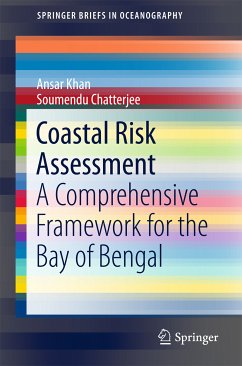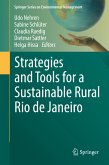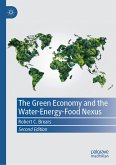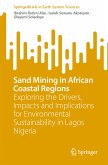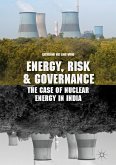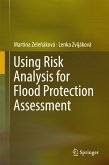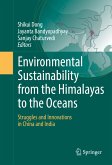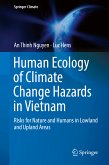This book discusses how to collect data and analyze databases in order to map risk zones, and contributes to developing a conceptual framework for coastal risk assessment. Further, the book primarily focuses on a specific case study: the Bay of Bengal along the southeastern coast of India. The dramatic rise in losses and casualties due to natural disasters like wind, storm-surge-induced flooding, seismic hazards and tsunami incidence along this coast over the past few decades has prompted a major national scientific initiative investigating the probable causes and possible mitigation strategies. As such, geoscientists are called upon to analyze the coastal hazards by anticipating the changes in and impacts of extreme weather hazards on the Bay of Bengal coasts as a result of global climate change and local sea-level change.
Dieser Download kann aus rechtlichen Gründen nur mit Rechnungsadresse in A, B, BG, CY, CZ, D, DK, EW, E, FIN, F, GR, HR, H, IRL, I, LT, L, LR, M, NL, PL, P, R, S, SLO, SK ausgeliefert werden.

